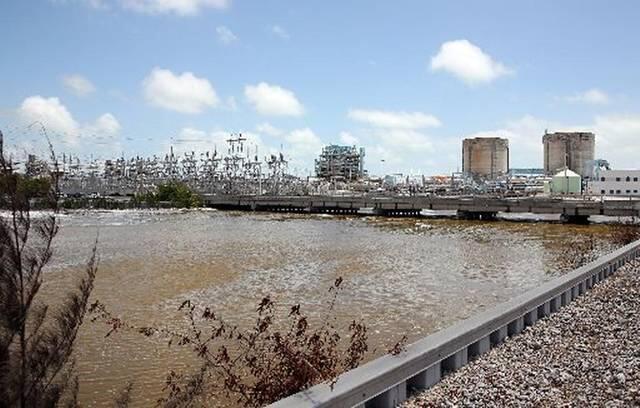Florida Power & Light Company has cleared another hurdle in the licensing process to build two nuclear power reactors at Turkey Point.
An independent board of the Nuclear Regulatory Commission ruled Monday evening that the risk of contaminating drinking water from a plan to pump wastewater deep underground would be “small.” The ruling determined that it is unlikely water from the cooling systems for the proposed reactors would migrate upward, and the concentration of the four contaminants of concern would fall below the federal standards for drinking water.
The Atomic Safety and Licensing Board’s decision brings the company another step closer to obtaining a license to add two new reactors to the existing pair at the plant in Homestead — provided that neither party appeals the decision.
“Everything we were proposing either met or exceeded all federal standards and had been analyzed in great detail by experts and also would be closely monitored,” said FPL spokesman Peter Robbins. “That’s an important piece of this too.”
Environmental groups had questioned the company’s plan to store wastewater around 3000 feet underground. The wastewater would cycle through cooling towers and ultimately be stored in the ‘boulder zone.’
Groups challenging the ruling, including the Southern Alliance for Clean Energy and the National Parks Conservation Association, argued that the wastewater has the potential to migrate into the Upper Floridan Aquifer, a potential source of drinking water for South Florida that is tapped further upstate. Miami-Dade gets most of its drinking water from the shallower Biscayne Aquifer.
The alliance and other groups argued that the company should be required to do seismic-reflection testing to fully determine the risks of the wastewater storage. The timeline for building the reactors spans enough years that the FPL should conduct the studies in order to fully determine the risks to South Florida’s drinking water, Biscayne Bay, and national parks, said Sara Barczak, high risk energy director at SACE.
“Though yesterday’s decision was disappointing, it honestly wasn’t unexpected for us,” she said. “We are reviewing the order now to look at what our options are.”
The reactors are “unneeded and poorly planned,” she added.
When, and if, the new reactors will be constructed remains undecided. Robbins said FPL will continue to pursue a license in order to have the option to build the reactors. Because of its lengthy construction period, the company is taking the complex project one step at a time, he said.
“We are focusing on just the activities that help us get the licensing and approvals,” he said.
The company plans to move forward to the final hearing to obtain a license, potentially scheduled towards the end of the year, according to Robbins. However, further prolonging the process is a separate hearing held last month over the feasibility of the project after Westinghouse went bankrupt,the company picked to build and design the reactors. The NRC licensing board has 45 days to determine whether the concerns presented last month are grounds for further consideration.
Source: http://hrld.us/2ubTblw











